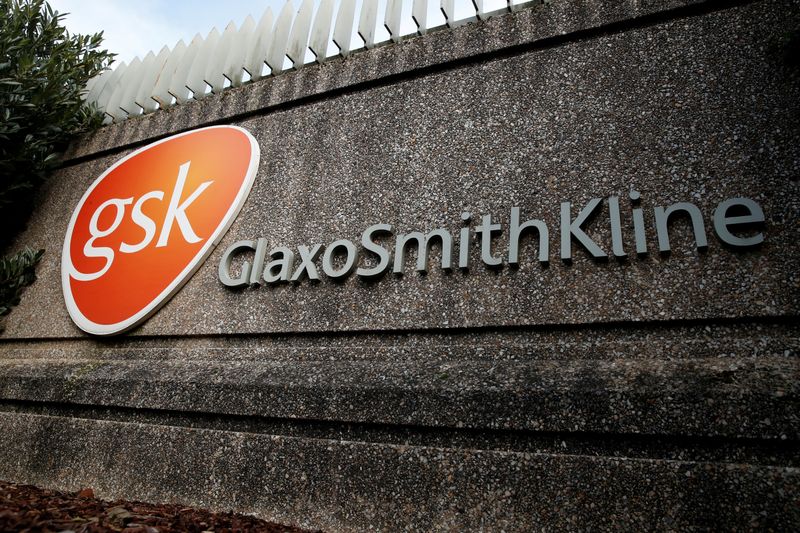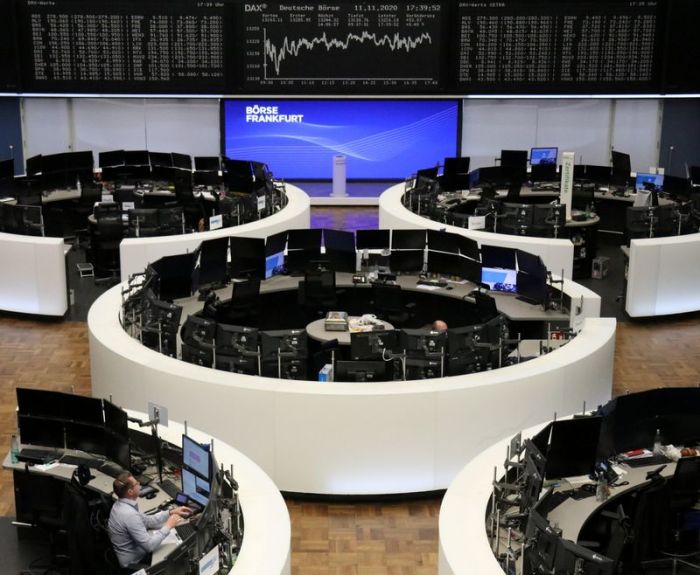(Reuters) – A combination of Canadian drug developer Medicago’s experimental COVID-19 vaccine and a booster from Britain’s GlaxoSmithKline will enter a large study with more than 30,000 volunteers this year, the two companies said on Thursday.
The news comes days after early-stage data showed Medicago’s plant-based vaccine candidate produced virus-fighting antibodies in all volunteers.
Medicago, backed by cigarette maker Philip Morris International, is Canada’s most advanced COVID-19 vaccine project, but lags larger, global rivals.
The mid-to-late-stage clinical studies will test the safety and immune response capabilities of a regimen involving two doses of the vaccine with GSK’s pandemic adjuvant given 21 days apart.
Medicago has said a lower dose of the vaccine will be used for further trials, for which Dynavax Technologies’ adjuvant will not be used as before.
“Proven dose sparing and a high immune response due to GSK’s adjuvant make us confident of delivering an efficacious vaccine with an acceptable safety profile in collaboration with Medicago,” said Thomas Breuer, chief medical officer at GSK’s vaccines division.
In study groups of adults under the age of 65, five in six participants will be given the vaccine at random, in the smaller, mid-level, Phase II stage, whereas in groups with volunteers aged 65 or more, two in three will receive the vaccine.
Medicago’s vaccine uses a technology known as virus-like particles (VLP), which mimic the structure of the coronavirus, but contain no genetic material from it.
Used to develop vaccines for hepatitis B and human papillomavirus, a VLP vaccine for COVID-19 from Medicago is the furthest along in testing.
It will also be the first COVID-19 vaccine candidate to use GSK’s adjuvant in late-stage trials.
The late-stage, Phase III part of the Medicago study will likely begin before the end of the year.
(Reporting by Pushkala Aripaka and Manas Mishra in Bengaluru, Ludwig Burger in Frankfurt; Editing by Shinjini Ganguli)

























